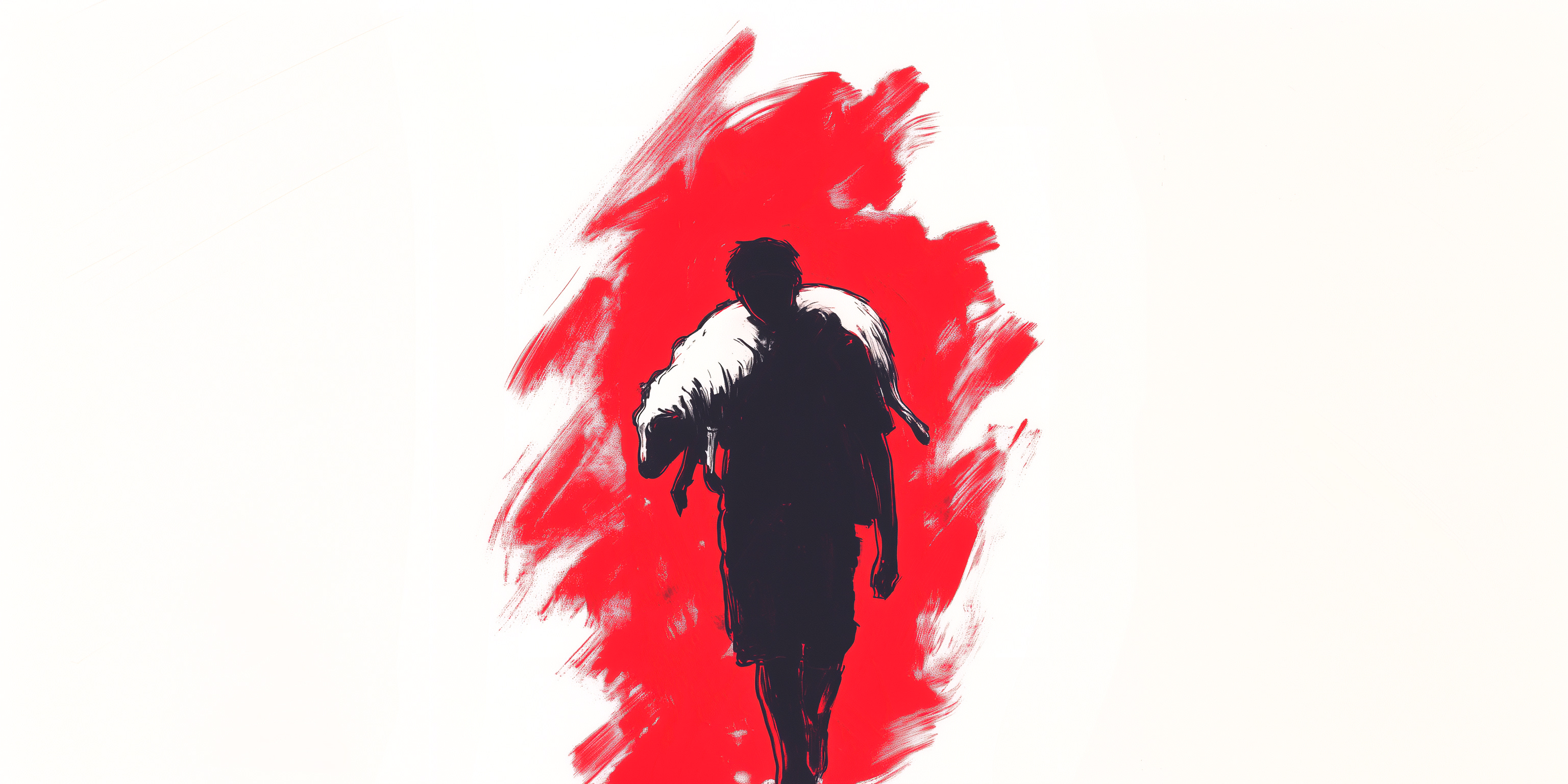UNSEALED: Lost Sheep
The Mathematics of a Scandal
The kingdom of heaven operates on arithmetic that makes no earthly sense.
Where we see percentages, God sees persons. Where we calculate acceptable loss, He commits to reckless rescue. This story has been softened into a children’s bedtime tale, but its original telling was an economic scandal—a revelation of love that violates every principle of prudent…


